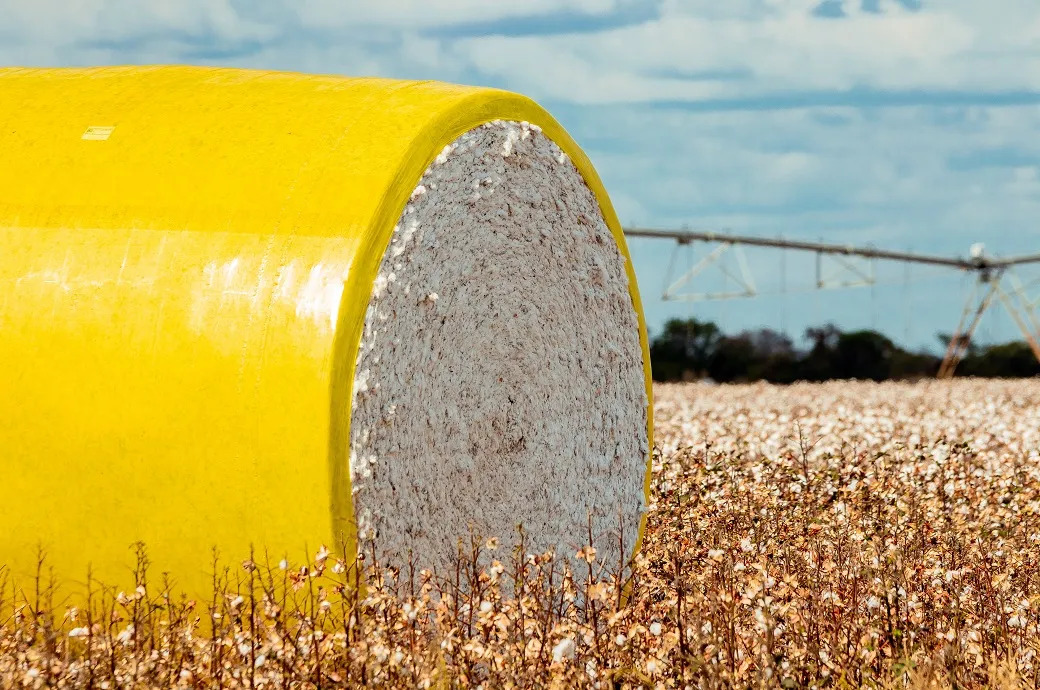Canberra-based company, Samsara Eco plans to construct a textile-to-textile recycled nylon 6.6 polymer production facility in Southeast Asia in collaboration with Israel-headquartered polyamide manufacturer Nilit.
This initiative is designed to tackle the challenge of recycling nylon 6.6, a widely used but notoriously difficult-to-recycle fiber in the performance apparel and fashion industries, especially when blended with other fibers like spandex.
Samsara Eco has developed a patented enzymatic recycling technology called EosEco that breaks down plastics into their core molecules, which can be used to create new plastics. The technology can process a variety of feedstock inputs, including colored and blended textiles like nylon 6.6 with spandex.
Founded in 2020 in partnership with the Australian National University (ANU) and supported by Main Sequence and Woolworths Group, Samsara Eco has raised over A$160 million from local and global investors, including Breakthrough Victoria, DCVC, Hitachi, lululemon, Temasek, Wildcard Ventures, and Wollemi Capital.
Approximately 4 million tons of nylon 6.6 is produced annually, making it a key fiber in the textile industry. However, its recycling has been a significant challenge. Expected to be operational by late 2026, this new plant will focus on recycling textile waste to produce high-quality recycled nylon 6.6 polymers. These polymers can be seamlessly integrated into existing supply chains for the creation of new textile fabrics.
Paul Riley, CEO and Founder, Samsara Eco, says, discarded clothing made from nylon 6.6, such as activewear and car interiors, often ends up in landfills or is incinerated, which is harmful to the planet. By partnering with Nilit, Samsara Eco can reverse this trend and give these materials new life.
IlanMelamed, General Manager, Nilit, adds,this initiative aims to provide the apparel market with premium nylon 6.6 products that have a lower environmental impact. Implementing textile-to-textile recycling solutions will significantly reduce global carbon emissions and the 92 million tons of textile waste added to landfills annually.”
Nilit plans to incorporate EosEco yarn into its Sensil portfolio, further advancing its commitment to sustainable textile production.












